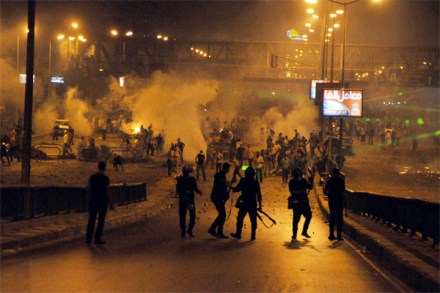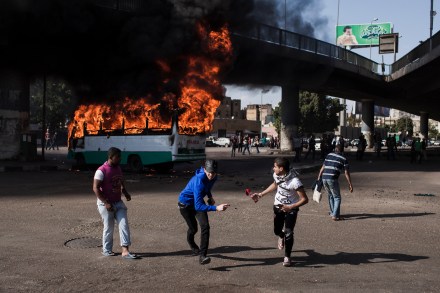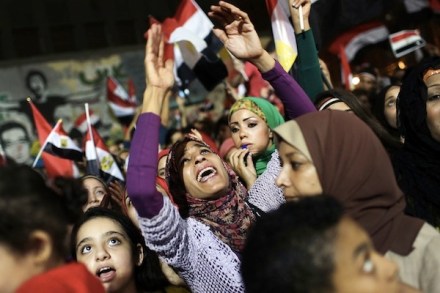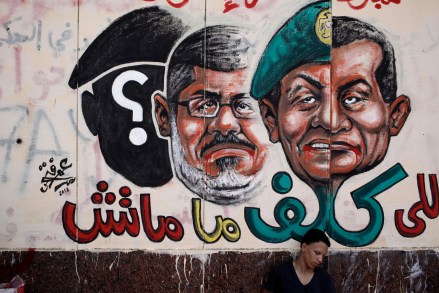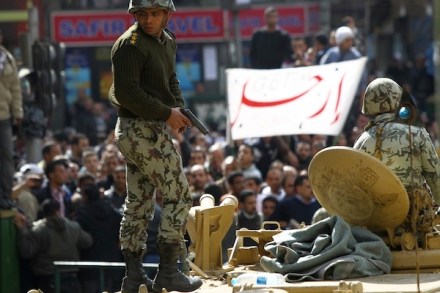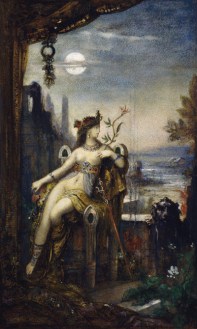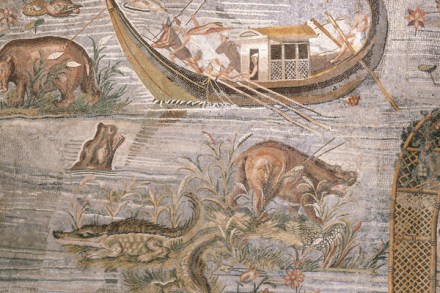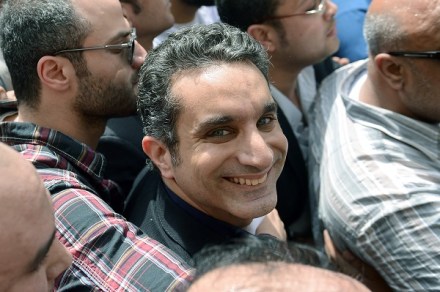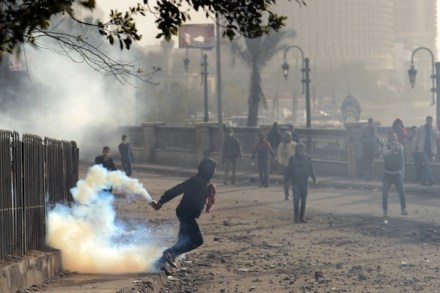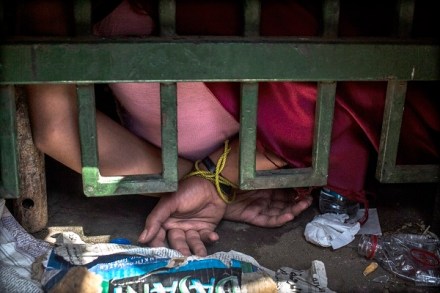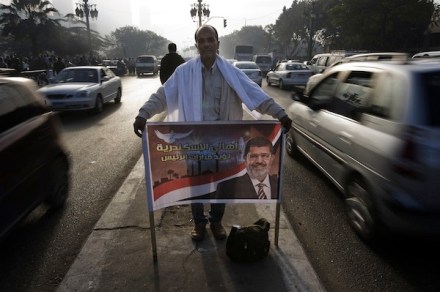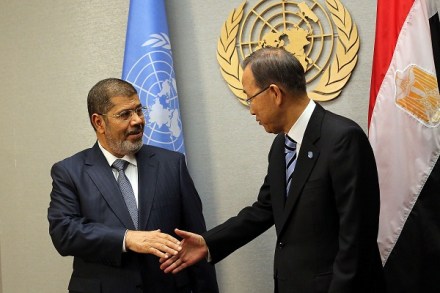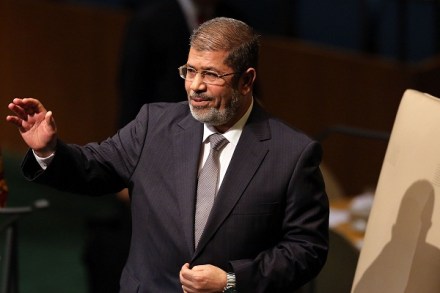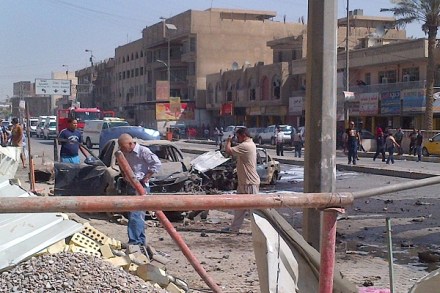Egypt’s Muslim Brotherhood should have learnt from Nasser
Egypt used to be good at revolutions. When Gamal Abdel Nasser’s Free Officers overthrew the monarchy in July 1952, hardly a shot was fired in anger, and jubilant crowds took to the streets of Cairo chanting ‘Long live the revolution’. Even the deposed King Farouq seemed to agree that Nasser had done the right thing. As the doleful monarch prepared to sail off into exile aboard the royal yacht Mahroussa from Alexandria, to the resounding echo of a 21-gun salute, Farouq cryptically remarked to General Muhammad Naguib, the head of the Egyptian armed forces, ‘You’ve done what I always intended to do myself.’ The creation of the Egyptian republic was
